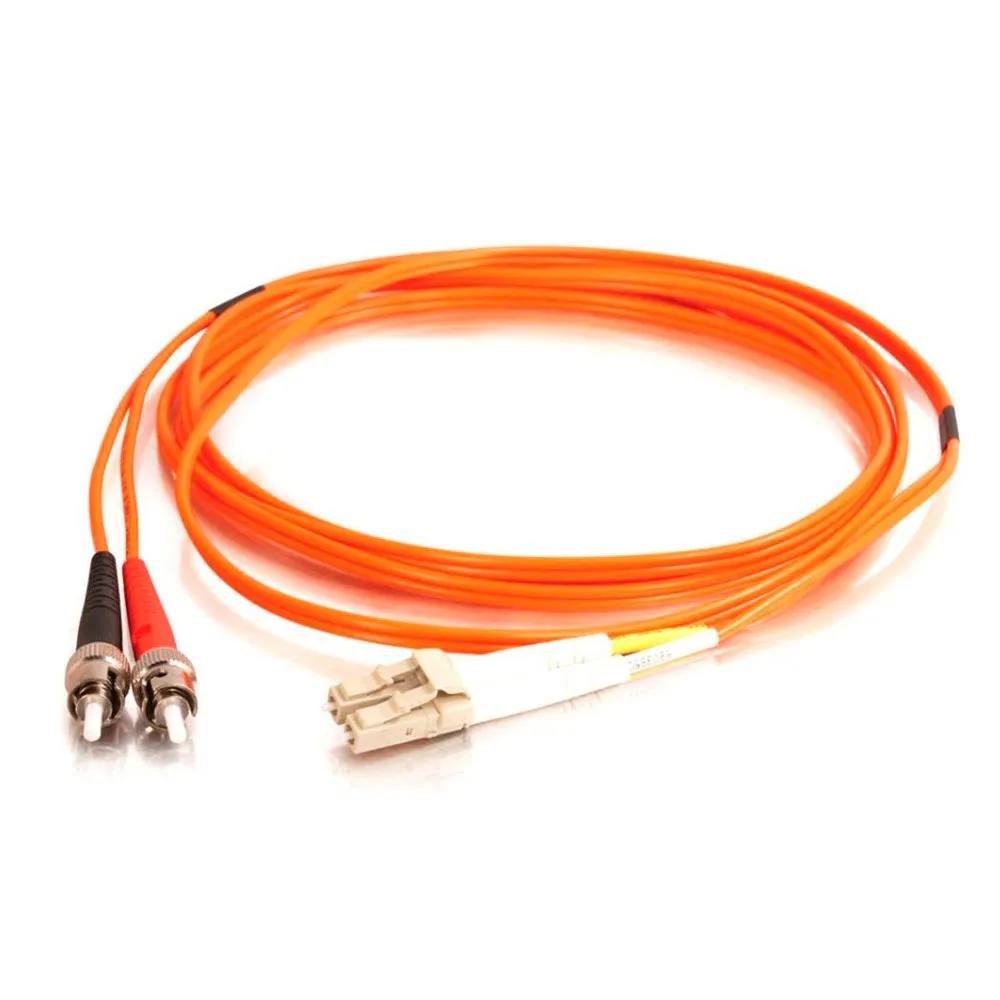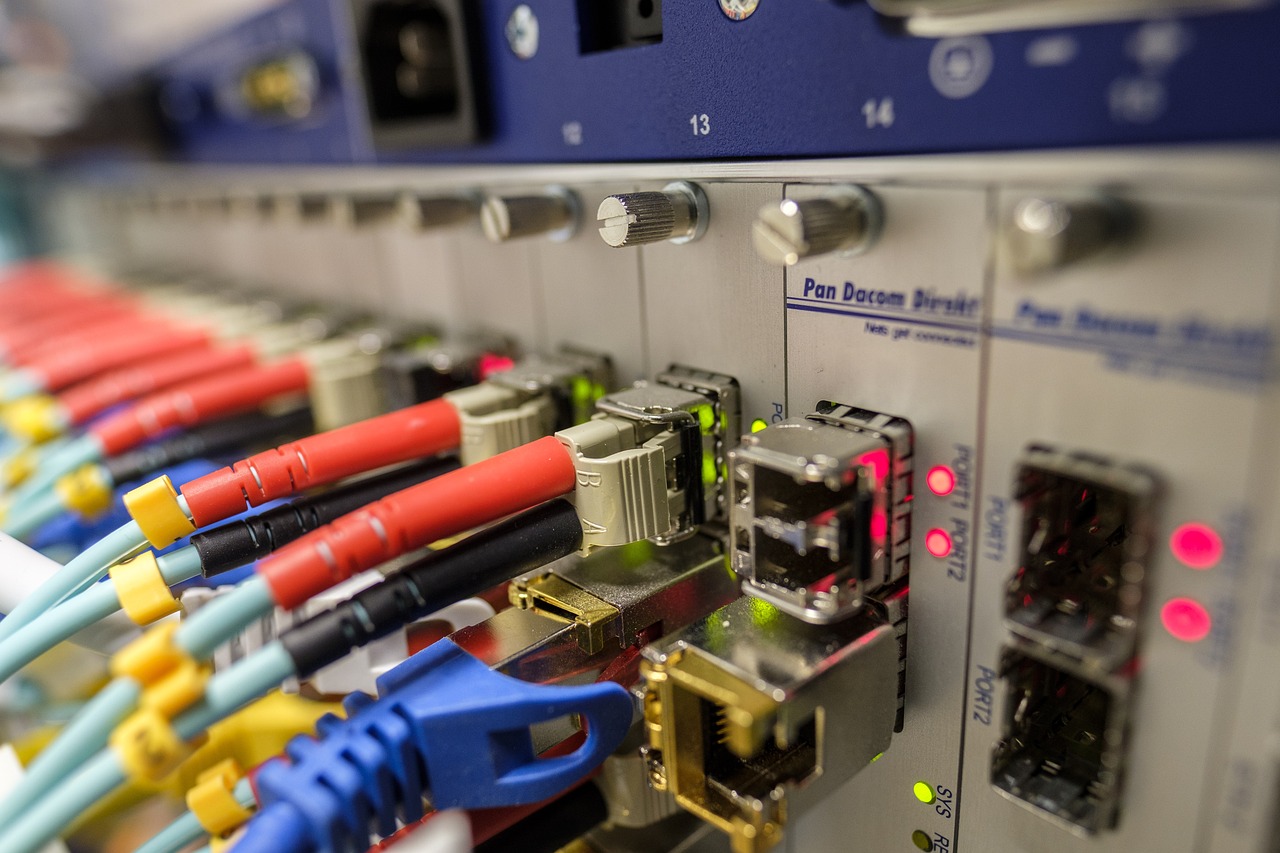How to Select the Ideal Customized Duplex OM1 Multimode Fiber Optical Patch Cable

Understanding Fiber Optical Basics
Fiber optic technology is a revolutionary method of transmitting data using light. Unlike traditional copper wiring, fiber optic cables utilize the principles of light reflection to carry information across long distances. The key components of fiber optical cables include the core, which is where the light travels, and the cladding, which reflects the light back into the core to prevent signal loss.
Benefits of Using Fiber Optical Cables
The utilization of fiber optical cables offers several advantages, including faster data transmission rates compared to traditional copper cables. This is due to the high-speed capabilities of light, enabling data to travel at incredible speeds through the fiber optic network. Additionally, fiber optics provide higher bandwidth capabilities, allowing for more data to be transmitted simultaneously without compromising speed or quality.
Choosing Between Single Mode and Multimode
When it comes to selecting the most suitable fiber optic cable for a specific application, understanding the differences between Single mode and Multimode cables is crucial. Each type has its own set of characteristics and ideal use cases.
Understanding Single Mode Fiber Optical Cables
Characteristics of single mode cables
Single mode fiber optic cables have a much smaller core compared to multimode cables, typically around 9 microns. This small core allows only one pathway for light to travel, resulting in a single mode of light propagation. Due to this design, single mode cables exhibit significantly lower dispersion, making them ideal for long-distance transmissions.
Ideal applications for single mode cables
Single mode fiber optic cables are best suited for applications that require high bandwidth over long distances. They are commonly used in telecommunications, CATV (Cable Television), and internet service provider networks where data needs to be transmitted over extended geographical areas.
Understanding Multimode Fiber Optical Cables
Characteristics of multimode cables
In contrast to single mode cables, multimode fiber optic cables have a larger core size, typically around 50 or 62.5 microns. This larger core enables multiple pathways for light to propagate, allowing for the transmission of multiple modes of light at the same time. As a result, multimode cables are more tolerant of misalignment and are generally easier to work with during installations.
Ideal applications for multimode cables
Multimode fiber optic cables are commonly used in shorter distance applications within buildings or campuses where high bandwidth is required but over relatively shorter distances. They are often utilized in LAN (Local Area Network) backbones, data centers, and enterprise networks.
Selecting the Right Duplex OM1 Multimode Fiber Optical Patch Cable
Factors to Consider When Choosing a Patch Cable
When selecting the right Duplex OM1 Multimode Fiber Optical Patch Cable, there are several crucial factors to take into consideration. These factors play a significant role in ensuring optimal performance and compatibility with existing network infrastructure.
Cable Length and Data Transmission Needs
The required cable length is an essential factor when choosing a patch cable. It is important to accurately measure the distance between the connected devices to determine the appropriate cable length. Additionally, considering the data transmission needs is vital. Different applications may require varying levels of data transmission capacity, and selecting a patch cable that aligns with these requirements is paramount for seamless data transfer.
Compatibility with Existing Network Infrastructure
Ensuring compatibility with the existing network infrastructure is imperative. The selected patch cable should seamlessly integrate with the current network setup, including connectors, adapters, and other networking components. This compatibility ensures smooth connectivity and minimizes any potential disruptions within the network.
Customizing Your Duplex OM1 Multimode Fiber Optical Patch Cable
Customization plays a pivotal role in tailoring patch cables to specific requirements, offering flexibility and efficiency in various networking environments.
Choosing Connectors and Jacket Materials
Selecting the appropriate connectors for the patch cable is essential for establishing reliable connections between devices. Common connector types include LC, SC, and ST connectors, each suitable for different networking setups. Additionally, considering the jacket materials is crucial as they provide protection and durability to the cable. PVC and LSZH (Low Smoke Zero Halogen) are common jacket materials used in fiber optic cables, each offering distinct advantages based on environmental considerations.
Understanding the Importance of Cable Quality and Certifications
Emphasizing cable quality ensures reliable performance and longevity of the patch cable. High-quality materials contribute to enhanced signal integrity and reduced signal loss during data transmission. Furthermore, seeking out cables with relevant certifications such as ISO (International Organization for Standardization) or TIA (Telecommunications Industry Association) certification guarantees adherence to industry standards, assuring users of consistent quality and performance.
See Also
Enhance Your Network with Tailored Duplex OM1 and OM2 Multimode Fiber Optic Patch Cables
Top Choice: 1m LC to ST OM2 Mode Conditioning Fiber Optic Patch Cable
Options: 5 LC-LC Duplex 9/125µm SM Bend Insensitive Fiber Optic Patch Cables
Premium Fiber Optic Patch Cables with LC/UPC Connectors for Singlemode Use
Exploring Top 12 Cores, Singlemode, OS2, SMF28e, MPO, SC/APC Fiber Optic Trunk for High-Speed Data


